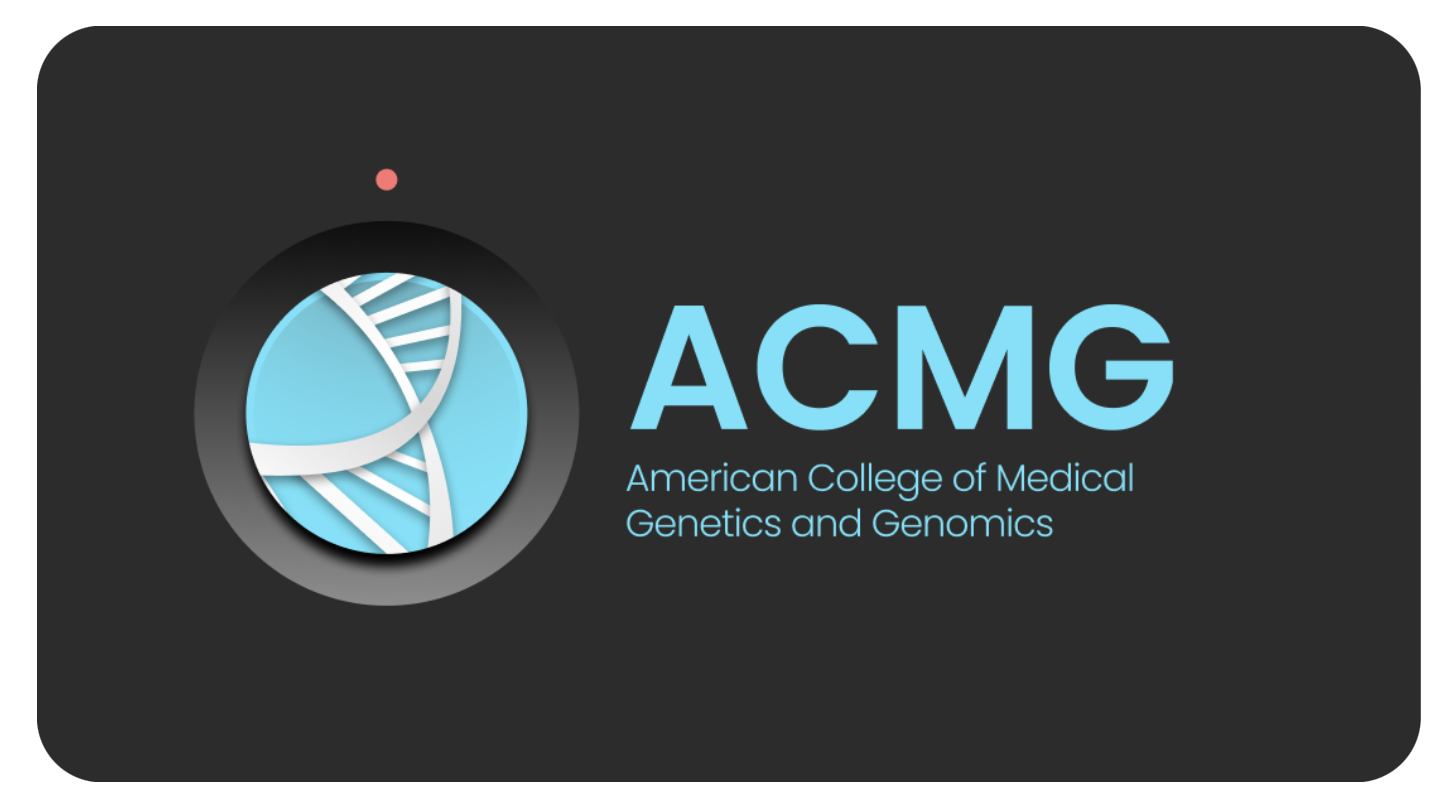Noninvasive screening test from maternal blood draw which can detect certain aneuploidies and microdeletion syndrome in the foetus as early as nine weeks after gestation.
Recently, the the most accurate noninvasive prenatal screening method in the world. It is based on the analysis of free fetal DNA, which is found in the blood of every pregnant woman.


Non-invasive prenatal testing (NIPT) can indeed be performed as early as nine weeks of gestation. While it is typically recommended for individuals at higher risk for certain chromosomal conditions—such as those who are of advanced maternal age, have a family history of genetic disorders, or have had abnormal results from other screening tests—any pregnant individual can opt for NIPT if they wish to gather information about potential chromosomal abnormalities.
Age
Previous Pregnancy with Chromosomal Abnormalities
Abnormal Results from Other Screening Tests
Family History




After you purchased the test, you get the AveGene (Full Blood) Non invasive prenatal test sample collection & transport kit. Arrange the blood draw according to the enclosed instructions.
Send sample to nearest AveGene collection center or to central AveGene laboratory.
Receive your results in the form of an encrypted PDF report. Request an online consultation if needed.
About NIPT
Non-Invasive Prenatal Testing (NIPT) is a revolutionary method in prenatal care that has transformed how expectant parents approach genetic screening. This test is primarily designed to assess the risk of certain chromosomal abnormalities in a fetus, most notably Down syndrome (trisomy 21), trisomy 18, and trisomy 13.
NIPT works by analyzing cell-free fetal DNA (cfDNA) that circulates in the maternal bloodstream. During pregnancy, small amounts of DNA from the placenta, which shares genetic material with the fetus, enter the mother’s blood. By isolating and examining these fragments, healthcare providers can gather valuable information about the genetic health of the fetus without the risks associated with invasive procedures, such as amniocentesis or chorionic villus sampling (CVS), which can lead to complications like miscarriage.
One of the key advantages of NIPT is its high accuracy rate. Studies have shown that NIPT has a sensitivity of over 99% for detecting Down syndrome, making it one of the most reliable prenatal screening options available. Additionally, it has a low false-positive rate compared to traditional screening methods, such as first-trimester combined screening, which can lead to unnecessary anxiety and further testing. NIPT can be performed as early as the 10th week of pregnancy, allowing for earlier risk assessment compared to some other screening methods. This early testing can be particularly beneficial for parents who may be at higher risk due to advanced maternal age or family history of genetic conditions.
While NIPT is a powerful screening tool, it is important to note that it is not diagnostic; a positive result indicates an increased risk, but it does not confirm a diagnosis. If NIPT results suggest a high risk for a chromosomal abnormality, further diagnostic testing may be recommended to provide definitive answers.
NIPT is also versatile in terms of its applications. In addition to screening for common trisomies, some NIPT tests can analyze additional conditions, such as certain microdeletions and sex chromosome abnormalities. This expanded testing capability gives expectant parents more comprehensive insight into their baby’s genetic health.
Overall, NIPT is a significant advancement in prenatal testing, offering a safer, non-invasive option for parents who wish to understand their child's genetic health early in pregnancy. As technology continues to evolve, the potential for NIPT to provide even more detailed information about fetal health will likely expand, paving the way for enhanced prenatal care and informed decision-making for families.

There is no danger to any of your private data on AveGene.
We make sure that even the internal testing is done in secret. In a way, we don't even need to know the patient's name. The molecular state of the blood or plasma sample sent to us is only interpreted with an anonymous sample ID. The person who has the activation card information is the only one who can see the results.





